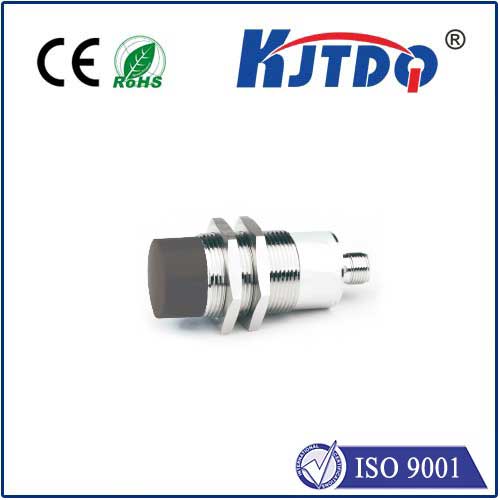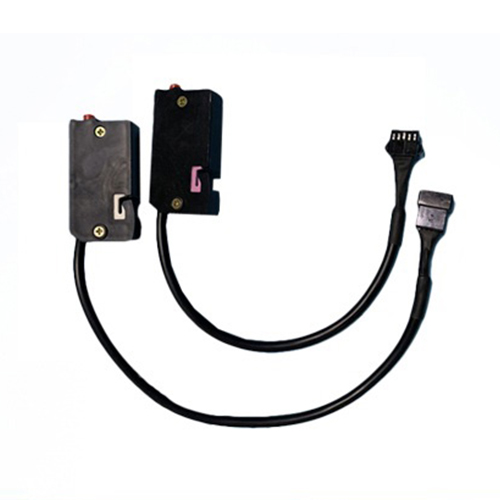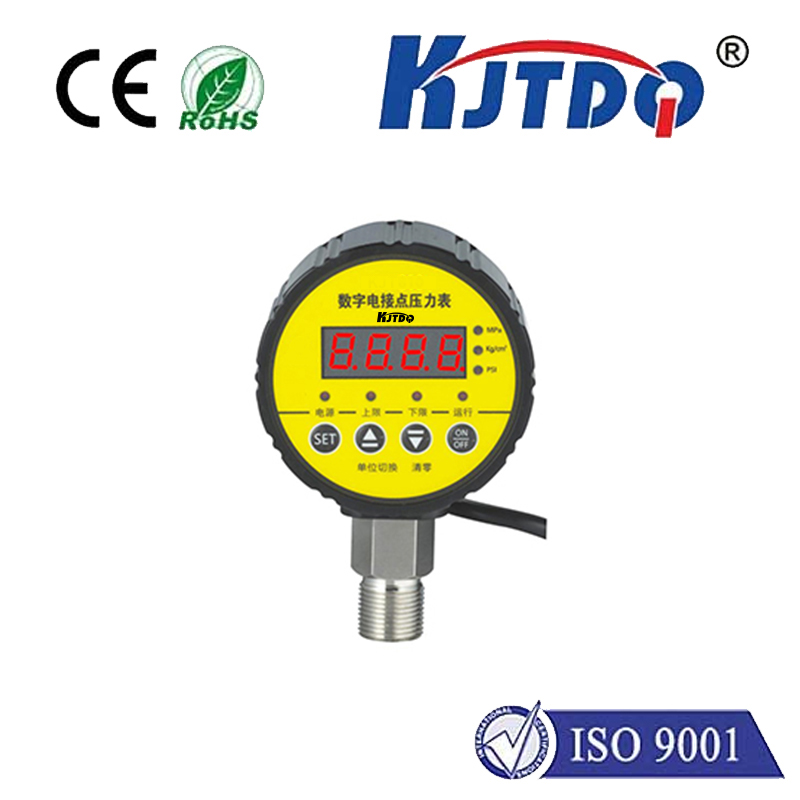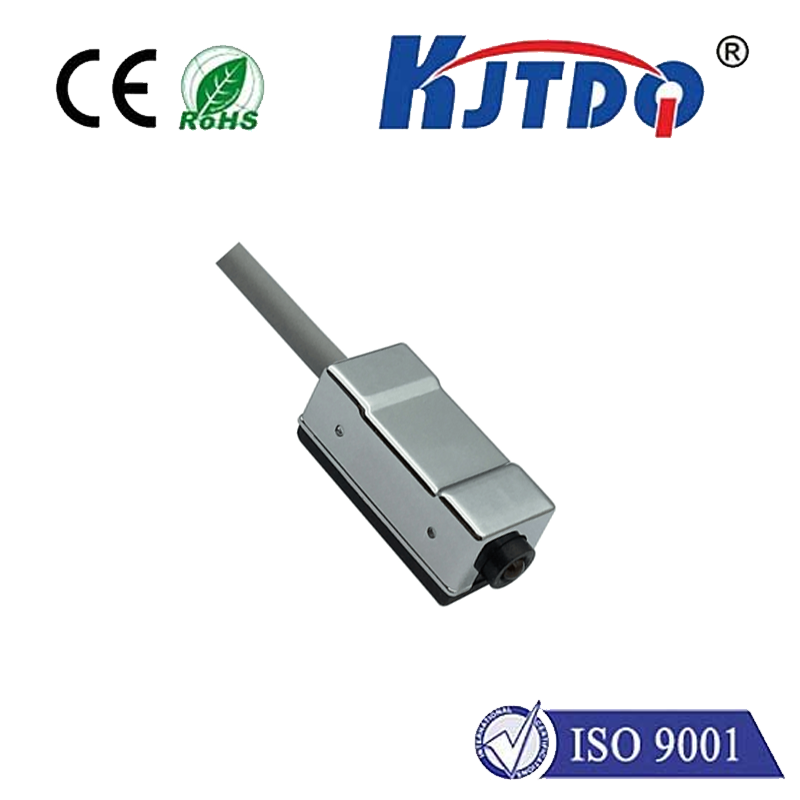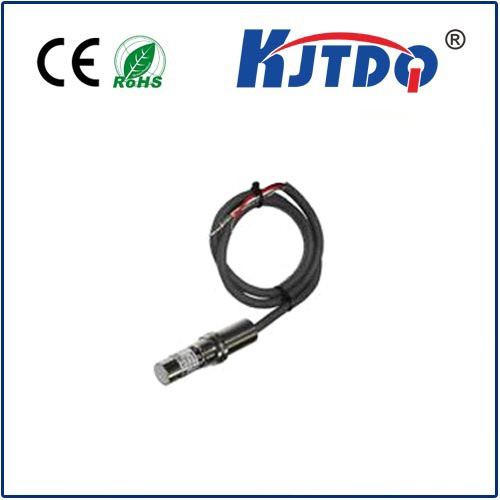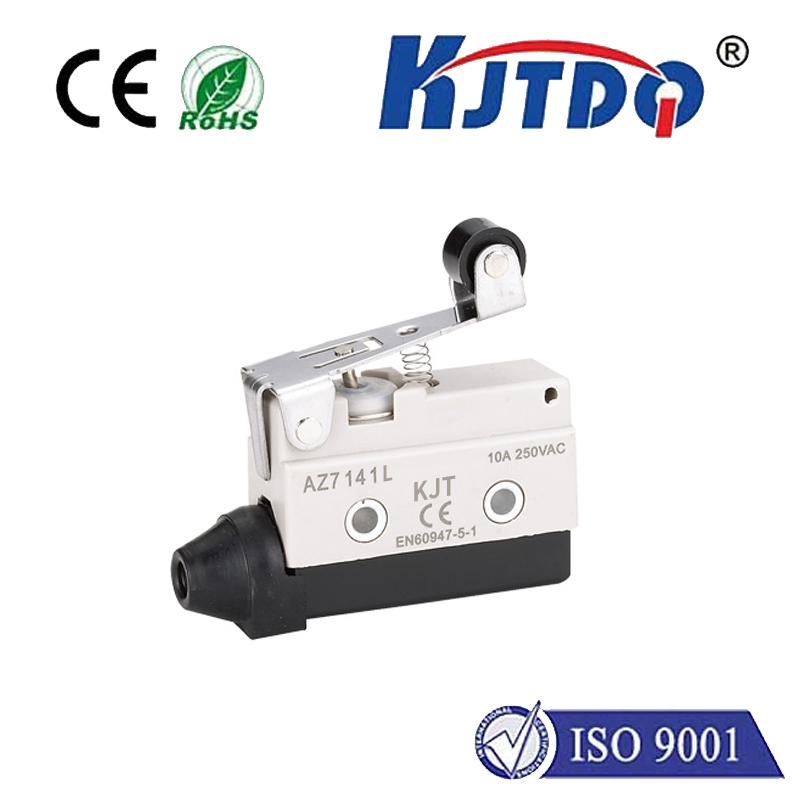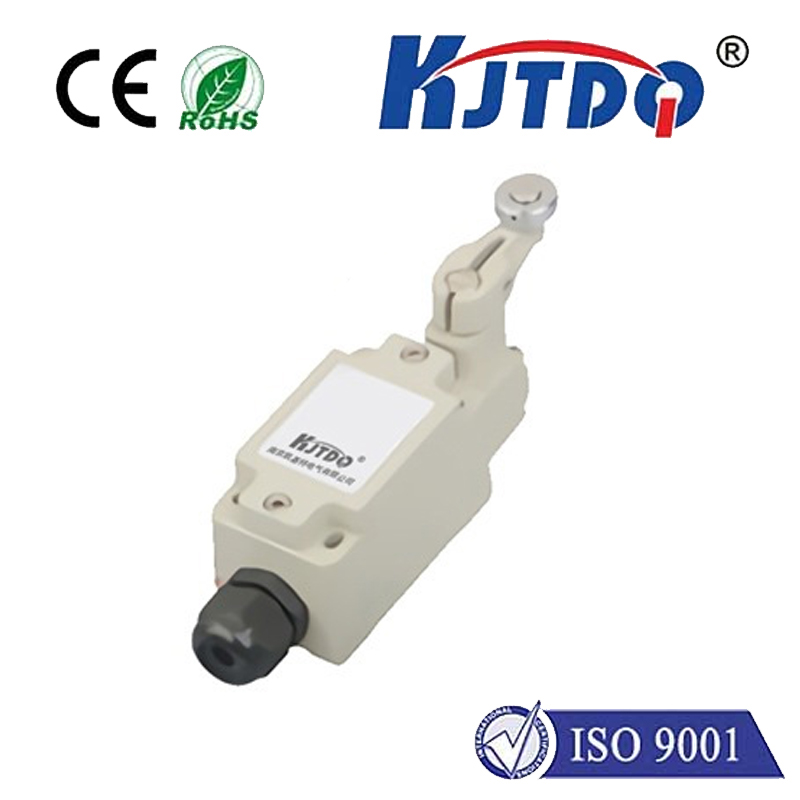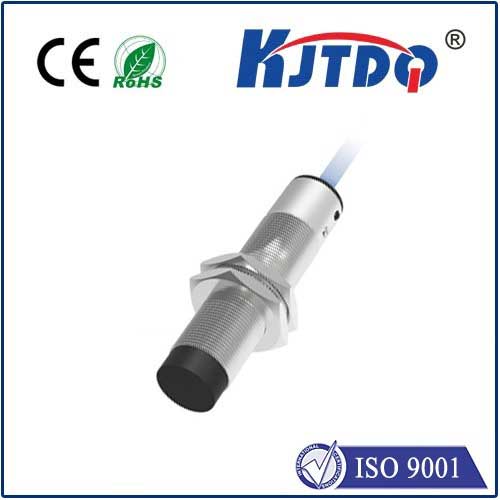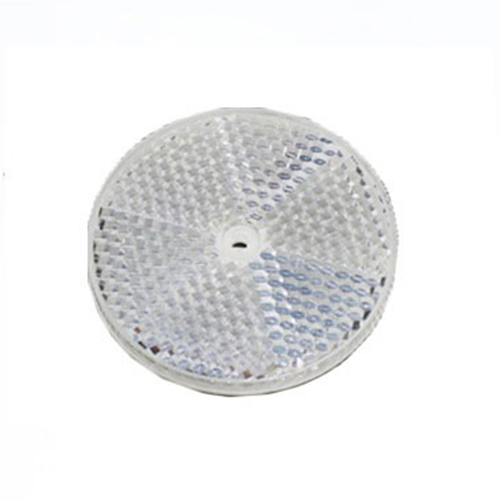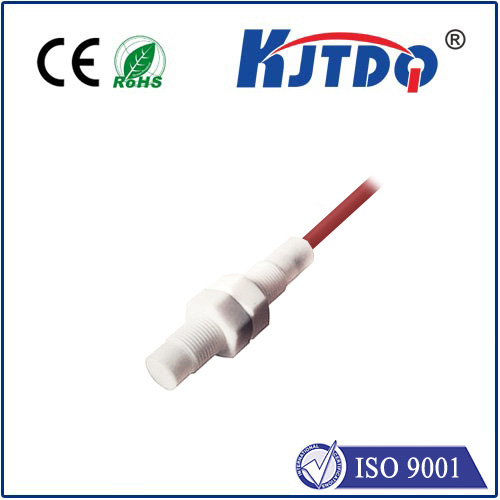

check

check

check

check

check

check

check

check

check

check
Title: The Revolutionary Impact of Measurement Laser Sensors in Modern Technology
The advent of measurement laser sensors has revolutionized the way we perceive and interact with our environment. By harnessing the precision and speed of laser technology, these sensors have become integral components in a plethora of applications across various industries. In this article, we delve into the realm of measurement laser sensors, exploring their functionalities, benefits, and groundbreaking contributions to modern technology.
Laser sensors operate on the principle of emitting a focused beam of light and then measuring its reflection or interaction with objects within its detection range. This seemingly simple process is at the heart of numerous complex systems that require accurate distance, speed, or positional measurements. For instance, in manufacturing industries, laser sensors are used for quality control, ensuring parts are cut to exact dimensions or detecting any defects in products moving along an assembly line.

One of the most significant advantages of measurement laser sensors is their unparalleled accuracy. Unlike traditional measuring tools, laser sensors can capture data with minimal human intervention, reducing the potential for errors and increasing overall reliability. Furthermore, they can perform measurements at high speeds, allowing real-time adjustments during dynamic processes such as robotic arms movements in automated production lines.
In the automotive industry, measurement laser sensors play a critical role in advanced driver-assistance systems (ADAS). Lidar (Light Detection and Ranging), a specific type of laser sensor, maps the vehicle's surroundings, providing crucial information for features like adaptive cruise control and collision avoidance. These sensors can detect obstacles in real-time, making split-second decisions that enhance safety and efficiency on the road.
Medical technologies have also seen tremendous advancements thanks to laser sensors. In surgical procedures, precise measurement and cutting are paramount; laser sensors guide surgeons by offering detailed imaging of internal structures, leading to improved outcomes and minimized risks during operations. Additionally, optoelectronic devices utilizing laser sensors are increasingly utilized in diagnostics, capable of detecting subtle changes in tissue that may indicate early-stage diseases.
The integration of laser sensors into everyday consumer products is another testament to their versatility. Home appliances such as refrigerators and microwaves now come equipped with sensors that automatically adjust settings based on the size and shape of the food being prepared. Even smartphones utilize miniaturized laser sensors for functions like facial recognition and augmented reality experiences.
As technology continues to evolve, so too does the application of measurement laser sensors. With ongoing research and development, these sensors will likely become even more compact, efficient, and affordable, paving the way for new innovations and breakthroughs across diverse fields.
In conclusion, measurement laser sensors stand as a testament to our relentless pursuit of accuracy and efficiency in technological advancements. Their ability to provide fast, precise data has transformed countless industries, from manufacturing to medicine and beyond. As we look forward to a future filled with smarter gadgets and more advanced machinery, it's clear that measurement laser sensors will continue to be a driving force behind the next wave of innovation.
